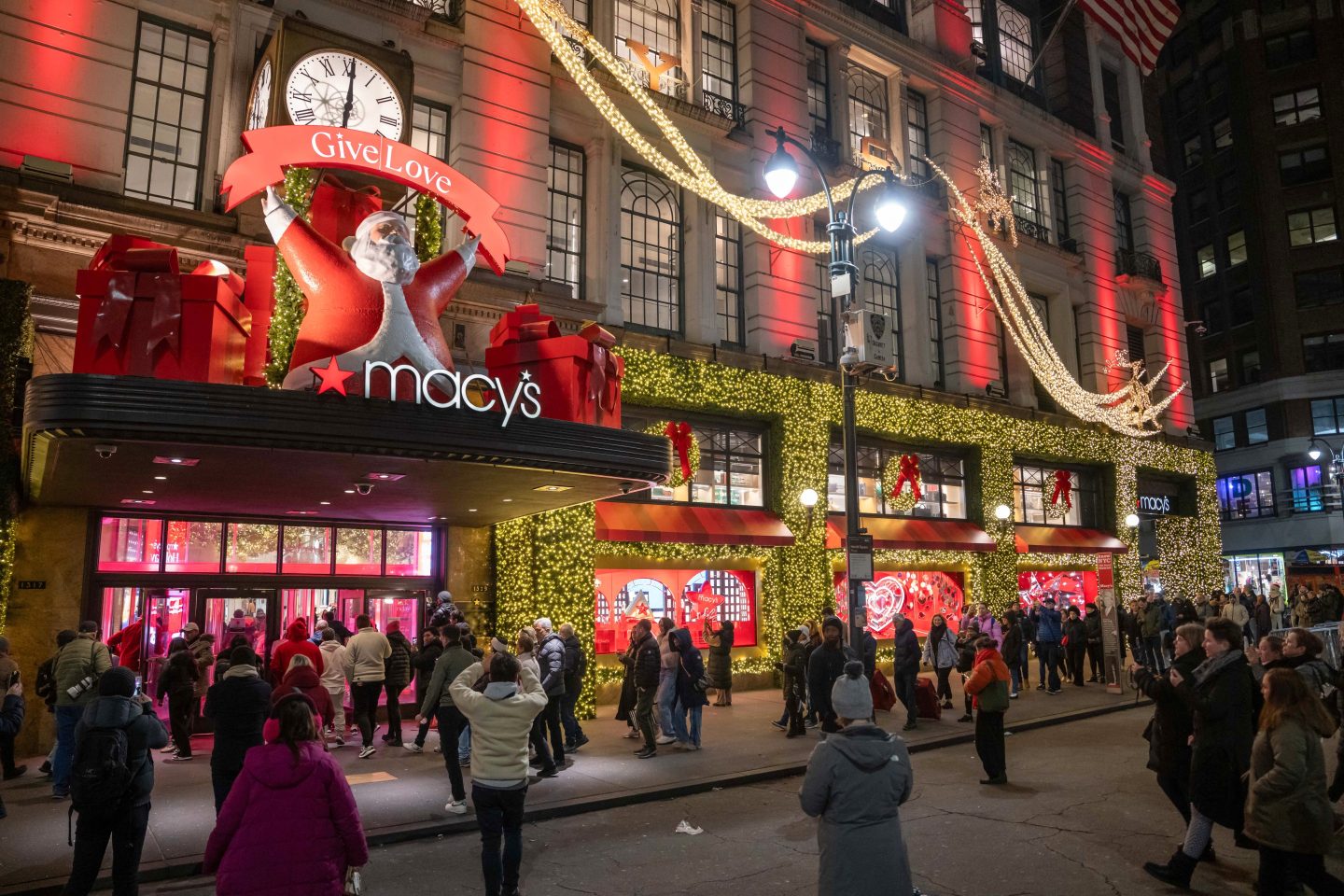The Retail Super Bowl is upon us: Black Friday through Cyber Monday is here.
And 2025 is expected to be record-breaking: The National Retail Federation anticipates that, for the first time, U.S. holiday spending will cross $1 trillion. Now, a seeming contradiction—funding for e-commerce startups is at a low.
In 2021, global e-commerce-related startup funding peaked (along with so much else) and reached more than $94 billion, according to Crunchbase. Fast-forward to 2025. That number has come crashing down, lingering around $7.3 billion. (For context, in 2020, e-commerce-related startup funding came in around $31 billion.)
So, what’s going on here? I spoke to Indy Guha, general partner at VMG Partners, as we headed into Thanksgiving. First thing you need to understand, said Guha, is that the 2021 boom was buoyed by the peaks of the ZIRP era, but at the center of it all was a bet on real behavioral shifts spurred by COVID-19, some of which have stuck (like curbside pickup and increased comfort with more inventive forms of online shopping and food delivery), but many of which haven’t.
“As it turns out, as human beings, we all really enjoy experiential retail,” said Guha. “When you walk into any sort of retail location, mall or otherwise, that’s doing well today, they have a lot of pop-up shops and fun arcades… So, I think some of that explains the pullback.”
Since then, a pattern has emerged: less funding for online shops themselves (save for truly exceptional cases), and more funding for backend technologies and infrastructure.
“What’s happening with e-commerce funding, in short, is the destination side is down, enabling technology is up,” said Guha. “If you were a founder and you went to a VC today saying ‘I build email marketing for Shopify’… There’s no funding for that. But if you’re solving supply chain sell-through for the enterprise, there’s lots of funding for that, because your underlying market is just enormous.”
This year has featured some massive e-commerce-related rounds. Consider Wonder—Marc Lore’s takeout and delivery startup—which raised $600 million in May and acquired Grubhub. Then, October was a crucial month for VC-backed e-commerce funding: live shopping juggernaut Whatnot raised its $225 million Series F, while India-based Zepto raised a $450 million round at a $7 billion valuation. Simultaneously, there’s also an expanding world of AI-powered e-commerce tools, like Julie Bornstein’s Daydream.
This all gets at a natural question, one paralleling a question I’ve often asked about AI: What even is an e-commerce startup? The answer, I suspect, will over time continue to blur. In the meantime, looking into next year, VMG’s Guha expects the trends we see in the data this year to more or less continue.
“It’s going to be the same pattern,” he said. “Enterprise-focused AI applications, which definitionally will serve large retailers and brands—there will be lots of funding for that. But destination sites, you’ve got to have a really crisp reason to exist.”
See you tomorrow,
Allie Garfinkle
X: @agarfinks
Email: alexandra.garfinkle@fortune.com
Submit a deal for the Term Sheet newsletter here.
Joey Abrams curated the deals section of today’s newsletter. Subscribe here.
Correction, Nov. 25, 2025: The email version of this newsletter misspelled Guha’s last name. We regret the error.
Venture Deals
- Model ML, a New York City-based AI workflow automation platform for financial services, raised $75 million in Series A funding. FT Partners led the round and was joined by Y Combinator, QED, 13Books, and others.
- Momentic, a San Francisco-based AI-powered testing platform for dev teams, raised $15 million in Series A funding. Standard Capital led the round and was joined by Dropbox Ventures and existing investors.
- AIOne, a New York City-based enterprise context management platform, raised $11 million in funding from Vestigo Ventures and Nadia Partners.
- Interface, a San Francisco-based AI-powered industrial safety platform, raised $3.5 million in seed funding from defy.vc, Precursor Ventures, and Rock Yard Ventures.













